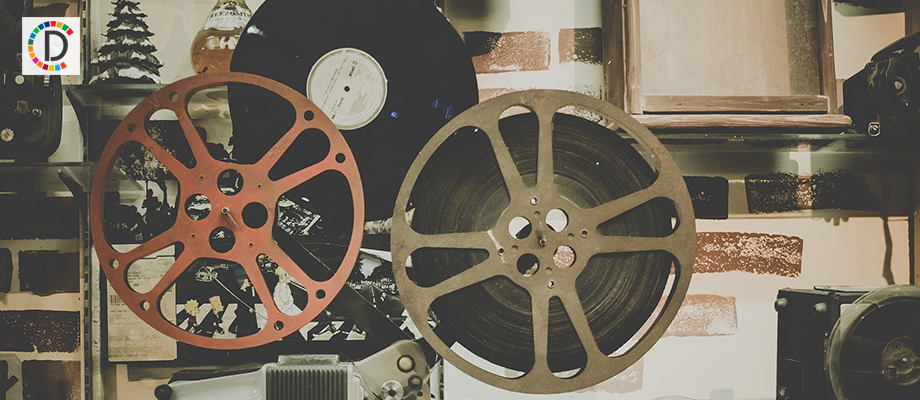Special event on Urdu poetry's role in anti-apartheid movement organised in S Africa

- Country:
- South Africa
While the role of Urdu in India's freedom struggle is uncontested, not many people know that Urdu poetry also played a significant part in fuelling anti-apartheid campaigns in South Africa.
In a bid to celebrate the role that Urdu poetry played in South Africa's freedom struggle, a special event was held here on Sunday.
Organised jointly by the Saloojee family, which was involved in the struggle for four generations, and the 'Buzme Adab of Benoni', an organisation that promotes Urdu, the event featured recitals by a number of local and international poets.
"Urdu was born in India, but it doesn't belong only to the Indians. It is the official language of Pakistan, and doesn't belong to the Pakistanis only either," said Shireen Saloojee, one of the organisers.
"In South African anti-apartheid campaigns, the voice of Urdu poetry was always present on the agenda and we are celebrating this today," she said.
Saloojee explained how the patriotic song 'par na jhanda yeh neeche jhukana' (never lower the flag), which is believed to have been an anthem among the freedom fighters in India in the 1920s, had already achieved cult status during meetings of the Indian Congress movement in South Africa.
"During the freedom struggle in South Africa, this song was on every patriot's lips and became the revolutionary anthem that inspired many people to heroic deeds," Saloojee said.
Researcher Rashid Seedat said he and others were working on a project to preserve the legacy of some of the South African Urdu poets.
"In the anti-apartheid campaigns led by the late Dr Yusuf Dadoo, particularly in the resistance campaign of 1946, one of the biggest campaigns within the Indian community after Mahatma Gandhi left South Africa, a number of Urdu poets gathered to write these poems," he said.
"In 1981, during the resistance actions against the South African Indian Council, a puppet body of the apartheid government, the song was revived and found new life among a new generation of activists like myself," he added.
Seedat said it was very difficult to do justice by translating the poems into English, so the project went dormant for a while until it was restarted this year.
Two teams are now researching the history of Urdu poetry in South Africa. One will come out with a book and the other is exploring the idea of a documentary film. Rokaya Saloojee, 89, who became popular for singing patriotic songs in Urdu at rallies, received a special citation at the event.
She came to South Africa from India in 1949 as a young bride and because of her new family's involvement in anti-apartheid resistance, soon became a composer and reciter of Urdu freedom songs.
"She became the most consistent in recording the struggle history of our country through her poetry. From the Defiance Campaign, the Rivonia Trial (that sent Nelson Mandela and others to prison for decades) and up to Mandela's ascent to the Presidency after his release, these were all things that she was writing about in a very prolific and profound way," Seedat said.
(This story has not been edited by Devdiscourse staff and is auto-generated from a syndicated feed.)
ALSO READ
Pakistani Defence Ministry Employees Sentenced for Leaking Secrets to Russia
Pakistan Cricket Board Contemplates Financial Penalties After T20 World Cup Exit
Pakistan Halts Afghan Arrests Amid Border Tensions
Pakistan Cricket Crisis: Financial Penalties Loom After T20 Exit
Zardari's Firm Stand: Defending Pakistan's Sovereignty










